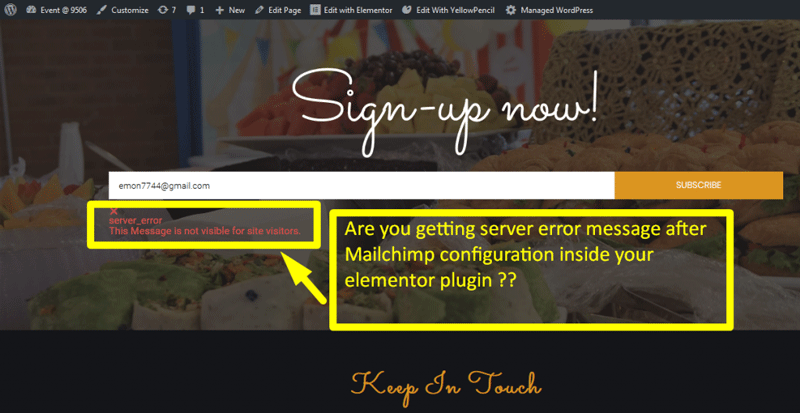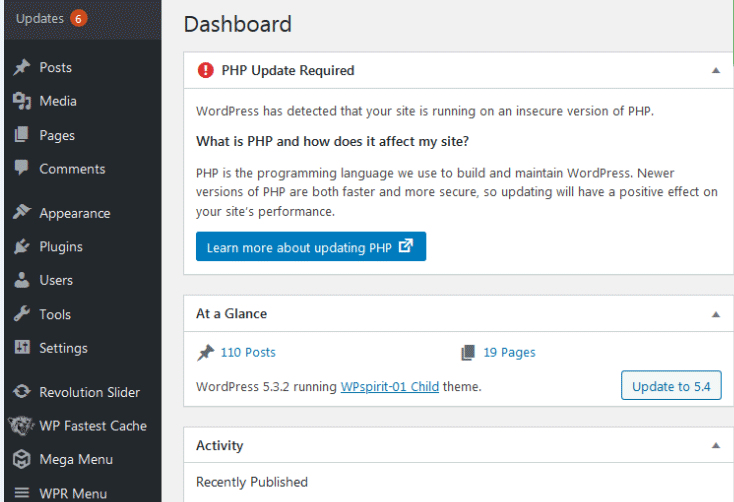WordPress generally offers better SEO flexibility and customization. Shopify, however, provides built-in SEO features ideal for e-commerce.
WordPress and Shopify are two of the most popular platforms for building websites. WordPress is renowned for its robust SEO capabilities and extensive plugin options, making it highly customizable. Shopify, on the other hand, excels in simplicity and convenience, offering built-in SEO features tailored for online stores.
Both platforms have their unique strengths, but the best choice depends on your specific needs. For those seeking deep SEO customization, WordPress is often the preferred option. Shopify is ideal for users who want an easy-to-manage e-commerce solution with solid SEO functionality. Understanding the differences can help you choose the right platform for your business.
Seo Fundamentals
Choosing between WordPress and Shopify for SEO depends on your specific needs. WordPress offers extensive customization options, while Shopify provides built-in SEO features. Both platforms can be optimized effectively with the right strategies.
On-page Seo
On-Page SEO is about content. It includes keywords, meta tags, and headlines. WordPress offers many SEO plugins. These plugins help with meta descriptions and title tags. Shopify has built-in SEO features. It allows easy editing of title tags and meta descriptions. Both platforms support alt text for images. Good alt text improves image SEO.
Off-page Seo
Off-Page SEO is about external links. It includes backlinks from other sites. WordPress excels in backlink building. Many plugins help find and manage backlinks. Shopify also supports backlinks but with fewer plugins. Social media integration is strong on both. Social media helps increase traffic. WordPress offers more customization options for link building.
WordPress Overview
WordPress offers extensive SEO customization options and a vast array of plugins, making it a strong contender. Shopify, while user-friendly, has limited SEO flexibility compared to WordPress. Each platform has its strengths depending on the user’s specific needs.
Ease Of Use
WordPress is user-friendly. It offers a simple dashboard. Even beginners can navigate it. Users can easily add new posts. The platform has many plugins. These plugins enhance functionality. A learning curve exists. But many tutorials are available.
Customization Options
WordPress shines in customization. Thousands of themes are available. Users can change the website look. Plugins add more features. Coding knowledge is not required. But advanced users can tweak the code. This makes WordPress very flexible.
Shopify Overview
Shopify is very easy to use. It has a simple interface. You can set up a store quickly. The platform is designed for beginners. No coding knowledge is needed. Everything is easy to find and use. This helps save time. You can focus more on your business.
Shopify comes with many built-in features. It has SEO tools right out of the box. These tools help improve your search engine ranking. You get SSL certificates for security. The platform also offers mobile optimization. This makes your store look good on any device. Shopify also integrates with many apps. This adds more functionality to your store.
Seo Features In WordPress
WordPress offers robust SEO features, including customizable URLs and plugins for on-page optimization. Shopify simplifies SEO with built-in tools but offers less flexibility.
Plugins And Tools
WordPress offers many SEO plugins. Yoast SEO and All in One SEO are popular choices. These plugins help with meta tags, sitemaps, and content analysis. They guide you step-by-step to improve your SEO.
Content Management
WordPress gives you total control over your content. You can easily edit your URLs, headings, and images. You can also organize your posts with categories and tags. This makes it simpler to keep your content SEO-friendly.
Seo Features In Shopify
Shopify offers many SEO apps. These apps help you improve your store’s visibility. Some apps focus on keyword optimization. Others help with meta tags and descriptions. SEO Manager and Plug in SEO are popular choices. These tools guide you step-by-step. They make it easy to boost your store’s rankings.
Mobile optimization is crucial for SEO. Shopify themes are mobile-friendly by default. This means your store will look good on any device. Fast loading times are also important. Shopify’s infrastructure ensures quick page loads. Google favors fast, mobile-friendly sites. This can help you rank higher.
Performance Comparison
Comparing SEO performance, WordPress often provides more flexibility with plugins like Yoast. Shopify offers built-in SEO features, but customization options are limited.
Page Speed
Page speed is crucial for SEO. WordPress can be fast with the right setup. Choose a good hosting provider and use a lightweight theme. Proper caching and CDN can also boost speed. Shopify is known for its fast page loading. It comes with built-in speed optimization. This makes Shopify a great choice for beginners.
Site Security
Site security is very important. WordPress offers many security plugins. Regular updates are needed to keep the site safe. Managed hosting can help improve security. Shopify provides built-in security features. It includes SSL certificates for free. This makes Shopify a secure option for online stores.
Cost And Scalability
WordPress offers a wide range of free plugins, making it more cost-effective. Shopify, while easier to scale, involves monthly fees.
Budget Considerations
WordPress often has lower initial costs. You can use free themes and plugins. Hosting can be very cheap. Shopify has a monthly fee, but it includes hosting. WordPress may require extra costs for premium themes and plugins. Shopify offers built-in features that might need paid plugins in WordPress. Consider your budget and what features you need.
Growth Potential
WordPress is highly flexible for growth. You can add many plugins for new features. Shopify grows with your business without much hassle. It is easier to scale if you are not tech-savvy. WordPress might require more technical skills as your site grows. Both platforms can handle large amounts of traffic and sales. Choose based on your comfort with technology and future plans.
User Support And Community
The WordPress community is very large. There are many forums and groups. These places offer help and advice. You can find plugins and themes. Many people share free resources. The community is very active. You can join meetups and events. Tutorials and guides are everywhere. You never feel alone using WordPress.
Shopify has a strong support system. Their customer service is available 24/7. You can chat, email, or call them. They also have a help center. It includes guides and tutorials. The Shopify community is smaller but helpful. You can join forums and groups. Shopify experts are available for hire. They help with specific needs.
Frequently Asked Questions
Is Shopify Any Good For Seo?
Yes, Shopify is good for SEO. It offers built-in SEO features, user-friendly tools, and various apps to improve search rankings.
Is WordPress Still The Best For Seo?
Yes, WordPress remains one of the best platforms for SEO. It offers various plugins and SEO-friendly features.
Is Shopify 2.0 Better For Seo?
Yes, Shopify 2. 0 is better for SEO. It offers enhanced speed, improved site architecture, and better customization options for SEO optimization.
Does Shopify Work Well With WordPress?
Yes, Shopify integrates well with WordPress. Use the Shopify Buy Button to add products to your WordPress site. This integration allows seamless e-commerce functionality.
Conclusion
Choosing between WordPress and Shopify depends on your specific SEO needs. WordPress offers more flexibility and plugins. Shopify provides simplicity and built-in SEO features. Consider your technical skills and business goals. Both platforms have their strengths. Evaluate your requirements to make the best choice for your SEO strategy.


